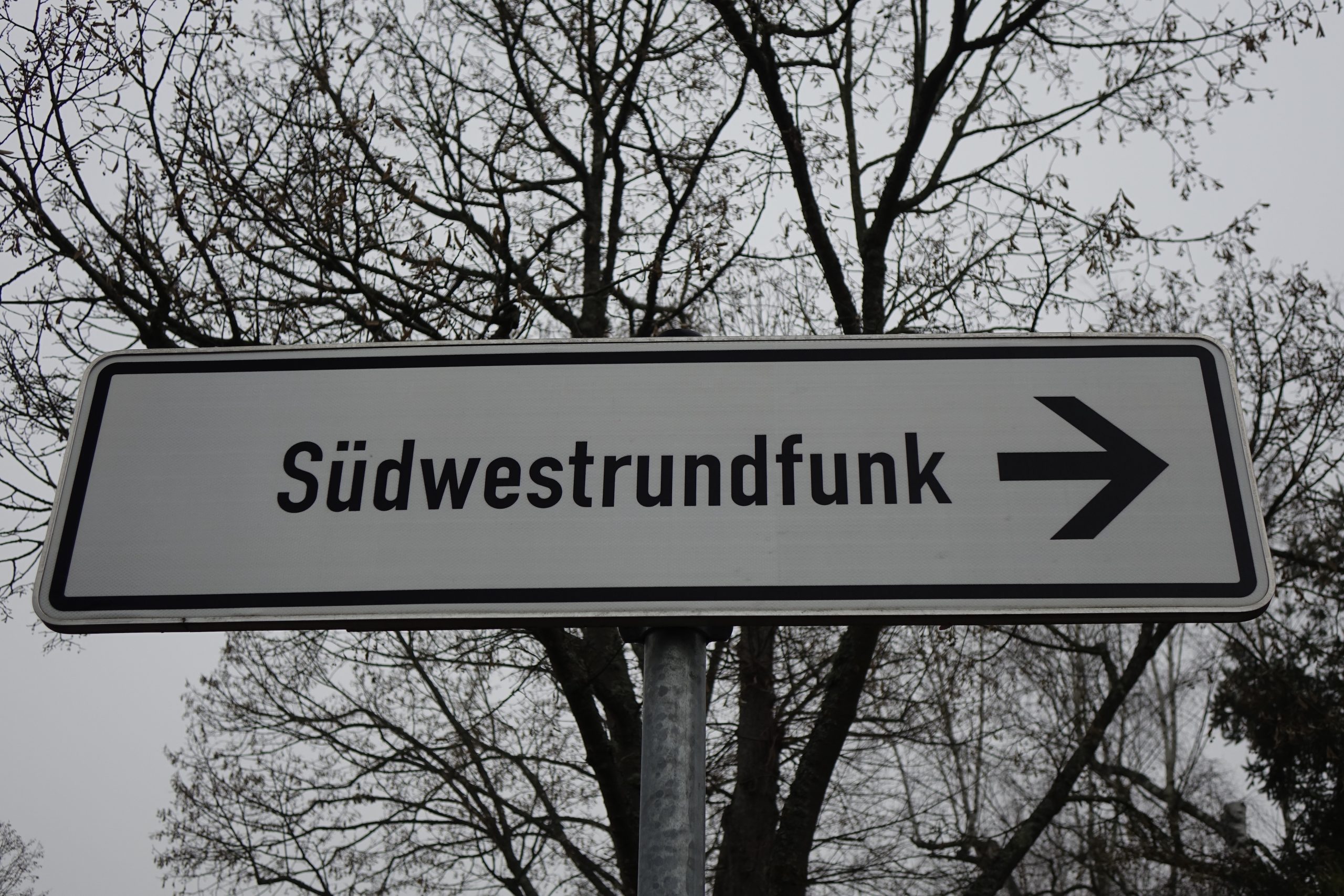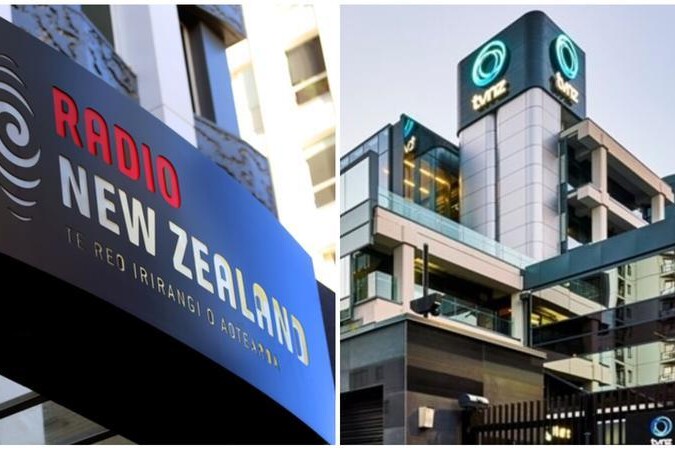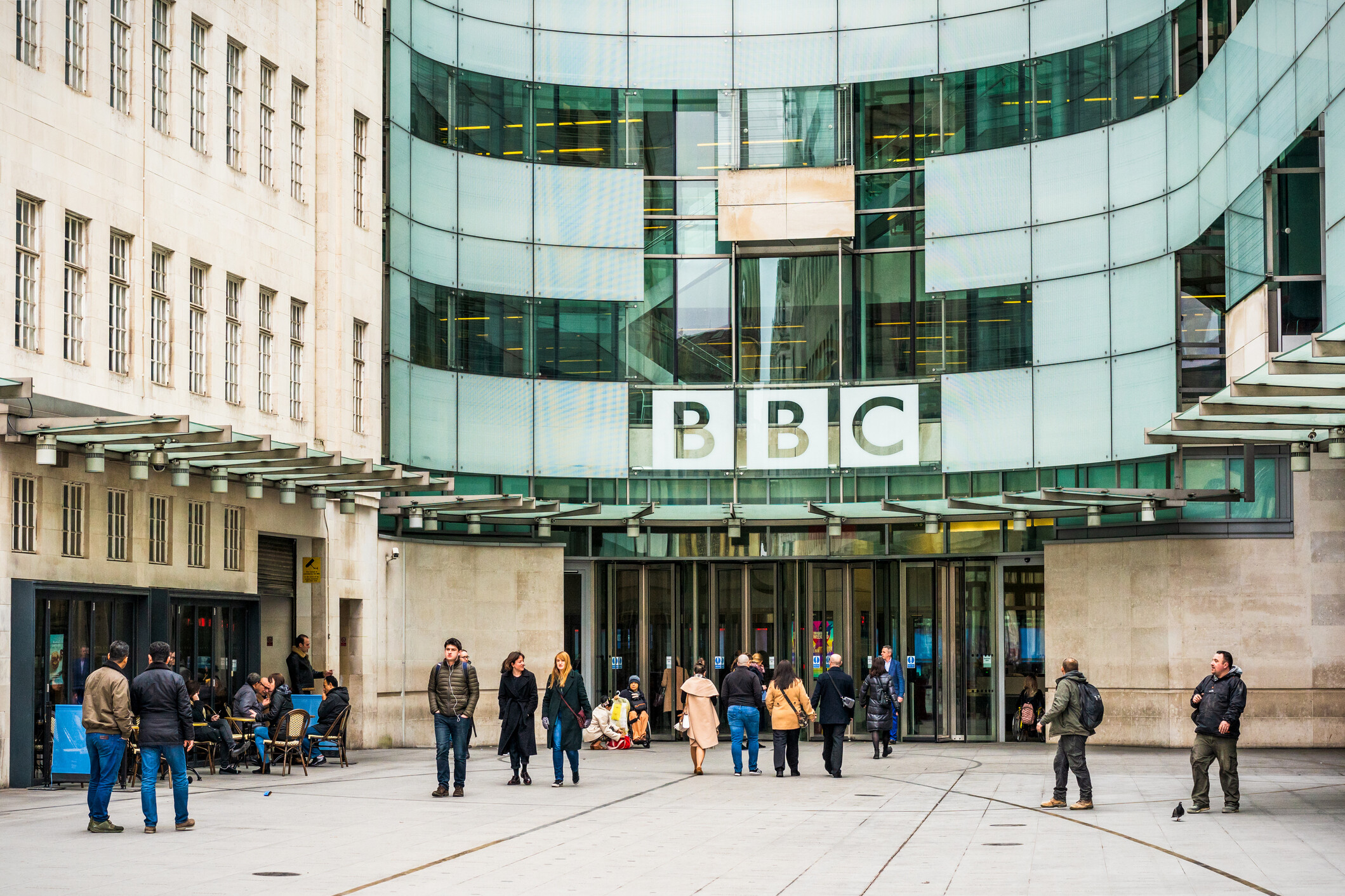BBC funding: Household levy put forward
19th July 2022
The UK’s House of Lords has suggested replacing the licence fee with a council tax levy.
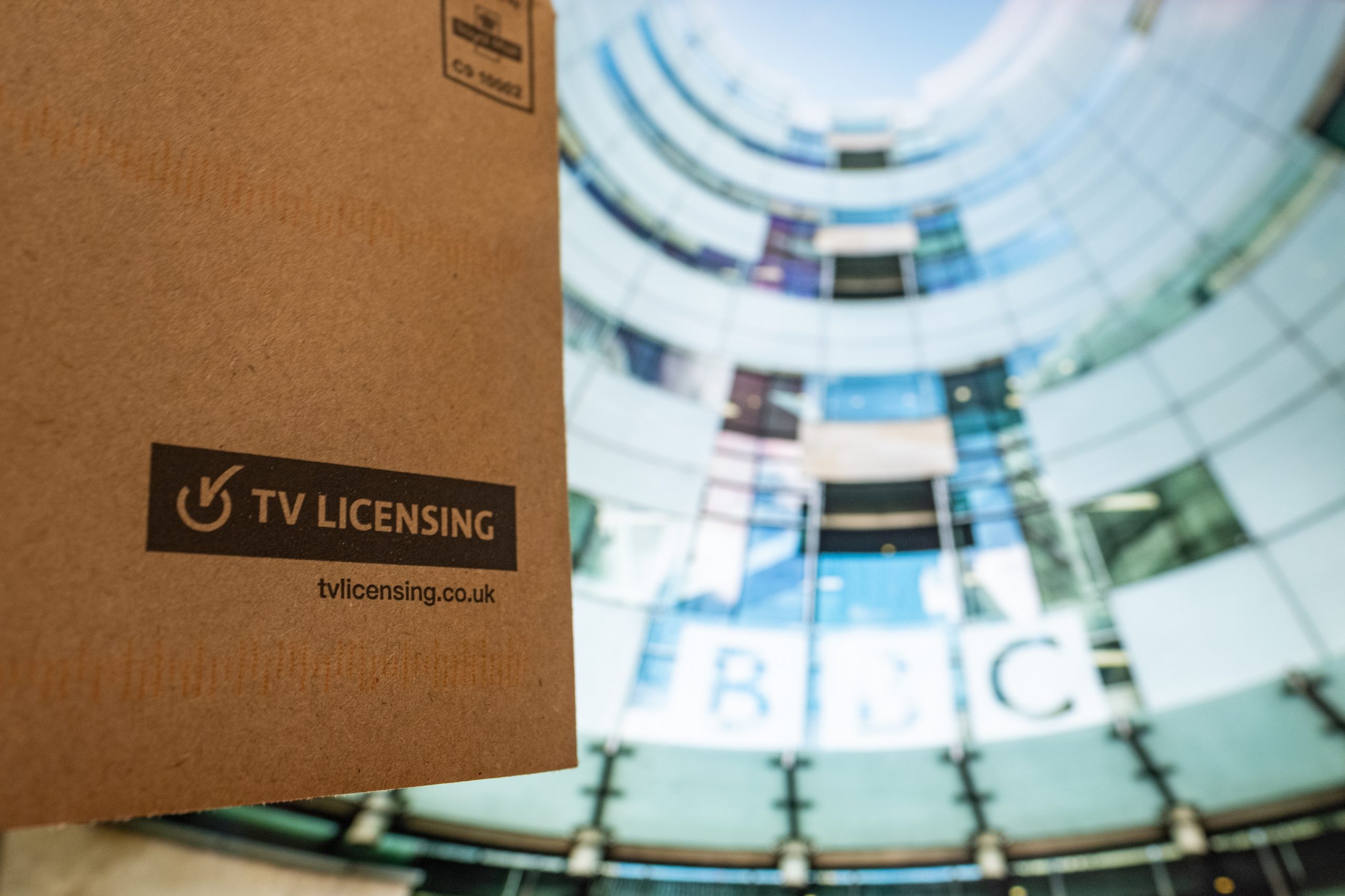
By Harry Lock, PMA’s Editorial Manager
The BBC could be funded through a means-tested levy collected by local councils and applied to all households, the UK’s upper parliamentary house has proposed. If implemented, it would result in a drastic shake-up of the way the corporation is funded.
Since 1923, the BBC has used the licence fee as its method of funding, initially tied to radio sets, and then televisions. But increasingly, the model has been under pressure. In January, the Government announced that “the licence fee announcement will be the last”, and that a review would look into an alternative model.
The House of Lords’ communications and digital committee has also conducted its own review and identified a suitable replacement. According to The Guardian, the committee chair, Lady Stowell, said a council tax levyhas “a lot of potential advantages.”
Read more: Explainer – How is public media funded?
She clarified that the committee was not definitively recommending it, but rather highlighting it as a funding model worth further investigation. “We see this as a viable proposition that needs to be taken very seriously,” she said.
The issue of public media funding is a prescient one across Europe. Ireland’s government announced last week that it would be overhauling – but not replacing – its own licence fee funding system. And in France, the licence fee is also under pressure, after President Emmanuel Macron made an election promise to scrap it, while not indicating what it would be replaced with. This has led to French public media workers going on strike, and in Germany, there are fears about the potential consequences for the multi-nation cultural broadcaster, Arte.
How would a household levy work?
The system draws on the current model used in Germany, whereby households pay a levy. The amount – currently €18.36 per month per household – is determined collectively by the leaders of each state. An entity called the ‘contribution service’ is responsible for collecting the levy, and then distributing it across Germany’s public media organisations (ARD, ZDF, and Deutschlandradio).
According to The Guardian’s report, the UK would instead utilise existing infrastructure whereby the levy is added onto council tax bills and collected by councils. This would provide the scope to adjust the monthly or yearly fee for different households.
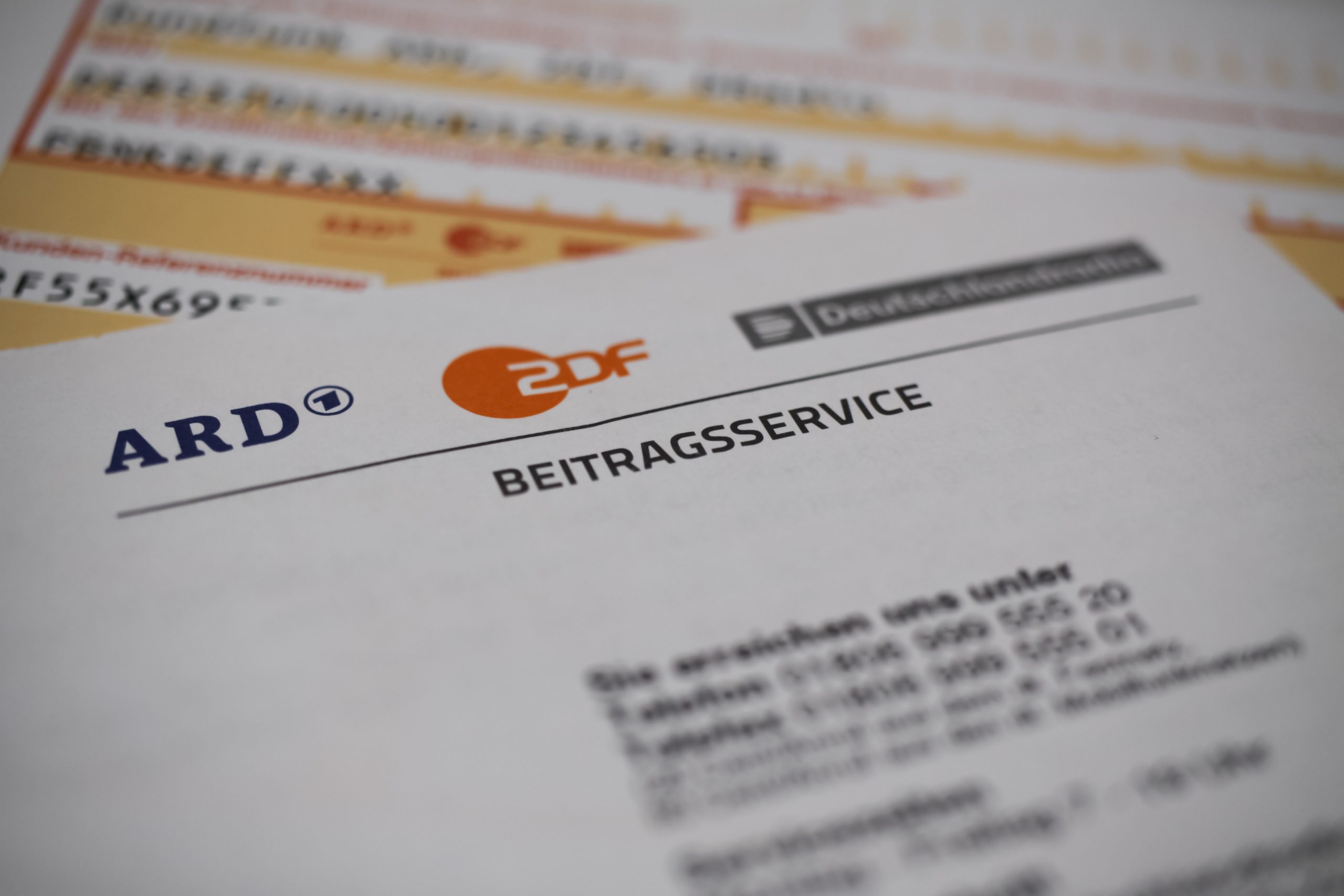
What are the advantages?
By being non-device dependent, a council tax levy recognises modern patterns of public media consumption: online, streaming services, radio, and more. The licence fee is outdated in that it only links the audience and the public media organisation through the ownership of a television and use of BBC streaming services, which is difficult to monitor. Recent studies have shown that the focus on television leads to audiences not recognising how much public media content and services they actually use and pay for when they pay their licence fee. This leads to audiences undervaluing the breadth of services that public media provide.
Other positives of this proposed model are that it considers household circumstances. Instead of imposing a flat rate for everyone, it can be adjusted depending on income, making it more equitable.
Furthermore, because it would be collected through councils, evasion would be significantly harder. This could mean households pay less than they do now for the same level of services because more households will pay for them.
What are the disadvantages?
But there are significant questions which, if this proposal were to be put forward seriously, would need to be considered and solved.
Firstly, the system works in Germany because of their political system of federal states. Setting the licence fee is the responsibility of the Bundesrat – the representative body of Germany’s 16 regional states – rather than the Bundestag – the federal parliament. This weakens the possibility of funding cuts and interference from the national government, especially following a general election.
The UK does not have this system of government, and it would be unlikely councils would be given the authority to set the rate. As such, the UK’s central government would be responsible for setting the price, and through this, potentially able to exert more pressure on the BBC. However, this is similar to the current situation with the licence fee.
Another question revolves around interference. In Germany, one federal state tried to block the radio licence fee increase in December 2020. The decision was eventually overturned, but the example serves to demonstrate that the system is not immune to political interference. There would need to be effective measures put in place to stop local authorities doing the same in the UK.
“We see this as a viable proposition that needs to be taken very seriously,” – Chair of the House of Lords communications and digital committee, Lady Stowell.
More detail is also needed as to how the money ends up in the hands of the BBC, and whether a new entity is established to handle this transaction. If so, satisfactory guarantees would need to be made to ensure this entity’s independence.
A big consideration with this model is how it will be received by the public. One possible complaint from the public might be that there is no ‘opt-out’ mechanism. All households must pay the levy, regardless of how much BBC content they consume. It is evident some sections of society would object to this. But public service media is an important and critical element to society that underpins democracy, and which benefits the entire public regardless of how much each individual consumes. An effective media literacy campaign regarding the importance of public media would have to be launched.
Furthermore, audiences are not supplied with public service media organisations in the same way German audiences are. ARD is a public broadcasting network made up of nine regional public broadcasters. This means it makes sense for the household levy to be determined and collected federally rather than nationally. This system does not equate with the UK’s, where the BBC is not as devolved as the ARD. Regional TV broadcasting is largely limited to England, Scotland, Wales, and Northern Ireland.
Other issues with this funding model hinge around how the model would be graded so low-income households pay less than high-income households. If this was done according to property value, this could be problematic, as many properties across the UK are in the wrong tax bracket when income is taken into account.
Finally, one consideration could revolve around whether the levy would be the BBC’s only revenue stream, or at least account for the vast proportion of its revenue. As CBC/Radio-Canada’s president, Catherine Tait, has argued, the most stable funding stream is one which is diverse, taking pools of money from various sources.
In which case, the UK government would need to identify another funding method, such as a tax on industries. In Spain, the broadcaster is funded by a tax on telecoms, and there are plans to include streaming giants as well. Or it could consider a news bargaining code, such as the one in use in Australia, which obliges digitalnews providers such as Google and Facebook to pay media organisations for their content.
The household levy option is only a suggestion for now, and it clearly possesses significant advantages which warrant further investigation. But just because a particular funding model works in one country, does not mean it will work in another. Social, political, and economic contexts need to be considered when exploring new funding models as well as the political incentive and commitment to ensuring the organisational and editorial independence of public media, let alone the degree to which they are able to be accountable to the public.
This issue of future funding is one that needs addressing soon, so that the BBC can effectively begin preparing for life beyond the licence fee.
Related Posts
14th July 2022
Ireland to maintain and reform licence fee system
Ireland’s long-awaited Future of Media…
18th January 2022
BBC funding freeze: the importance of a licence fee
BBC's funding freeze and talks of a new…

